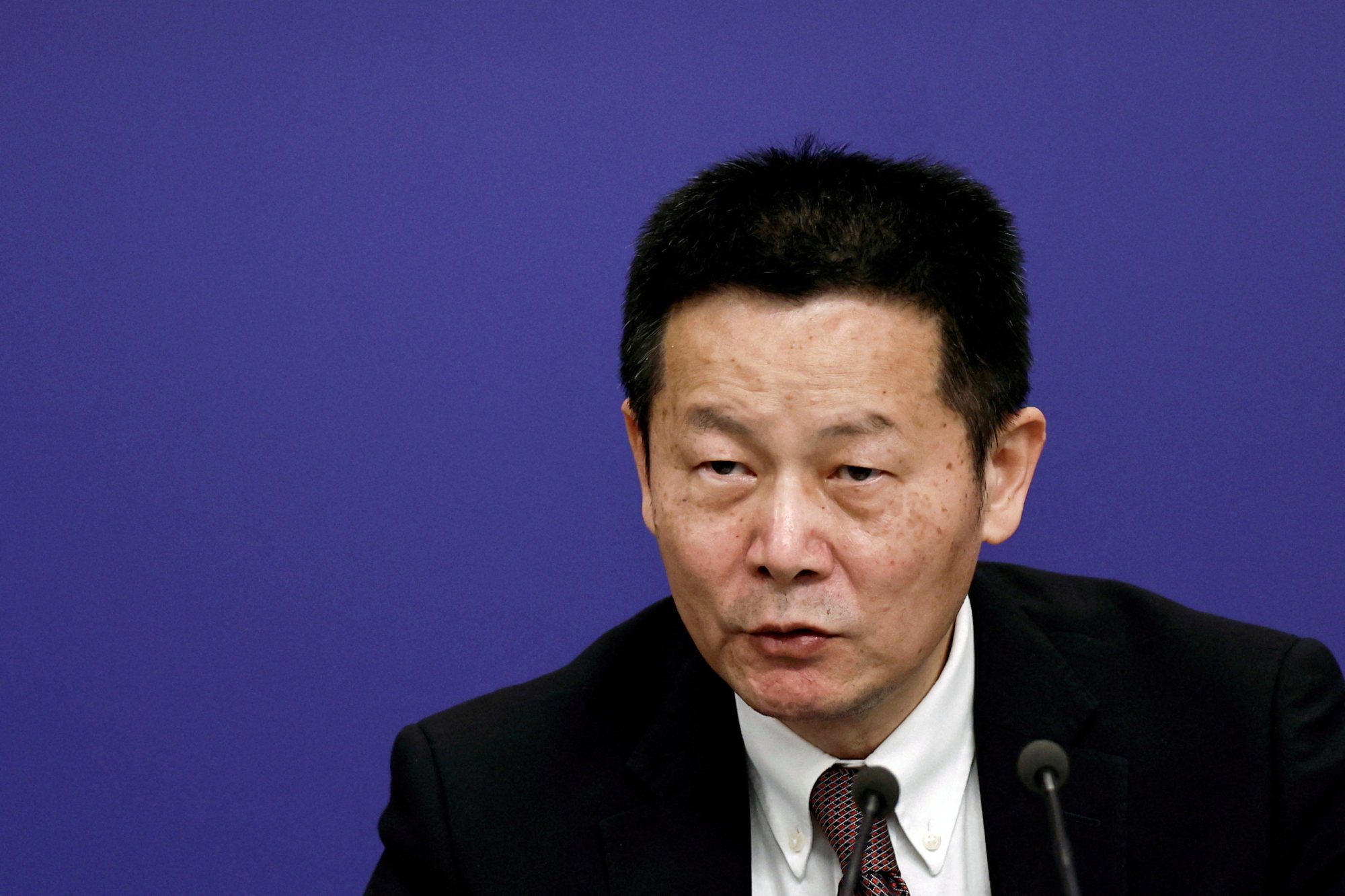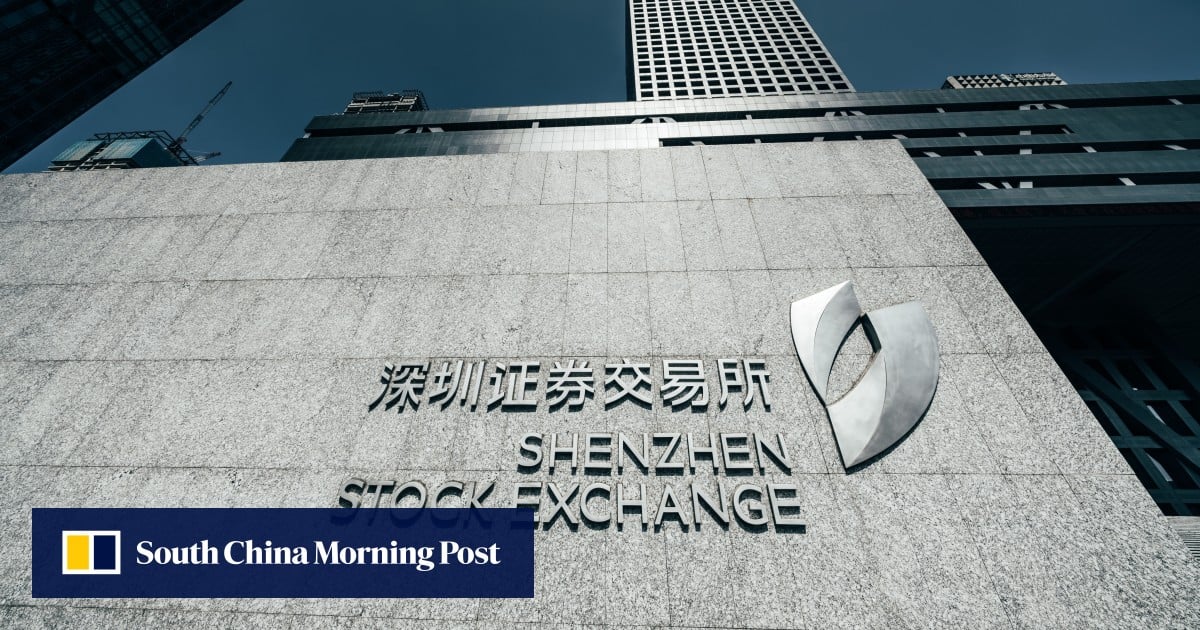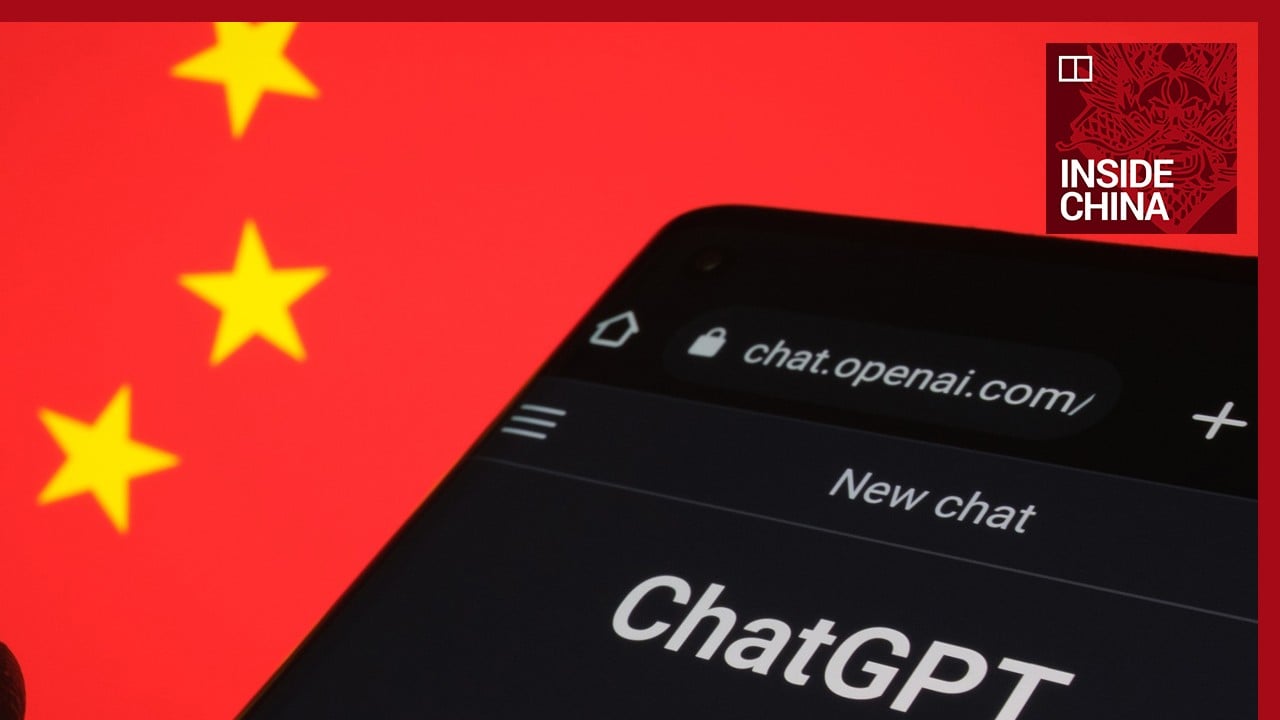The China Securities Regulatory Commission (CSRC) said last month on its website it would conduct on-site inspections on 20 per cent of IPO applicants this year, four times last year’s goal, after tightening rules on such inspections in March.
The sources declined to be named due to the sensitivity of the matter. The CSRC did not respond to requests for comment.
The heightened scrutiny of IPO candidates has spread disquiet in what was until last year a booming business, forcing investment banks to cut jobs and pay. More than 130 Chinese IPO candidates have terminated their listing plans this year, according to stock exchange data, led by Swiss agricultural and seeds group Syngenta’s US$9 billion offering in Shanghai.
The Shanghai and Shenzhen stock exchanges, the country’s largest, have accepted zero applications since the start of the year, according to their websites. The two bourses did not respond to requests for comment.
While China’s domestic benchmark market index has risen 7 per cent this year after bottoming in February, total funds raised via IPOs plunged nearly 90 per cent to US$2.6 billion in the first four months, the lowest since 2013, according to London Stock Exchange Group data. Excluding mainland China, global IPO volumes jumped 84 per cent to US$32.4 billion over the same period.

The draconian vetting process has fanned concerns about challenges for corporate fundraising in a slowing economy and the country back-pedalling on market-oriented reforms, analysts said. Others, however, say the regulatory crackdown will help weed out problematic companies and protect smaller investors.
Retail investors get burnt in China’s stock market where “many businesspeople – not aspiring entrepreneurs – seek IPOs as a way to cash out,” said Yang Tingwu, vice general manager of asset management firm Tongheng Investment.
The near-freeze in IPOs comes as new CSRC chief Wu Qing launched a campaign to raise the quality of listed companies to revive a struggling stock market, a task that he was entrusted with as part of his surprise appointment in February.
Wu, who was nicknamed the “broker butcher” for a crackdown on securities firms in a previous regulatory stint, said in March that “every step of the IPO vetting and registration process should be put under the microscope” and vowed to “keep fraudsters away from capital markets.”
As part of the heightened scrutiny, officials from the securities regulator or the stock exchanges show up at an IPO applicant’s office demanding a thorough health check, said four of the sources.
During these inspections, authorities comb through original records of business transactions and for the company’s chairman and senior managers scan personal bank data and probe every transaction considered dubious, said three of the sources.
The underwriters for the potential IPOs have to be present and in some cases are also questioned by the authorities, said the sources, raising the risk of the banks getting stuck in regulatory cross hairs. Bankers sometimes need to hand over their mobile phones and laptops, or face the risk of being kicked out of the IPO project or even fired, said a banker who works at a major Chinese brokerage.
In the real world, hardly any company can survive such intense scrutiny, one banker said. While China has adopted a US-style, registration-based IPO system, IPOs must go through strict regulatory vetting like in the past, another banker said.
In February, the CSRC fined Shanghai-based semiconductor company S2C Ltd for fraud in its listing application, even though the firm’s IPO plan was cancelled in July 2022.
The regulatory measures to rein in IPOs have darkened the prospects for investment banks and deal makers. China’s equity-related underwriting fees slumped 77 per cent to US$301 million last quarter from a year earlier, the lowest since 2009.
Many anguished bankers have been idled at home for several weeks, said the executive who works at a major Chinese brokerage, who now plans to leave the business.


